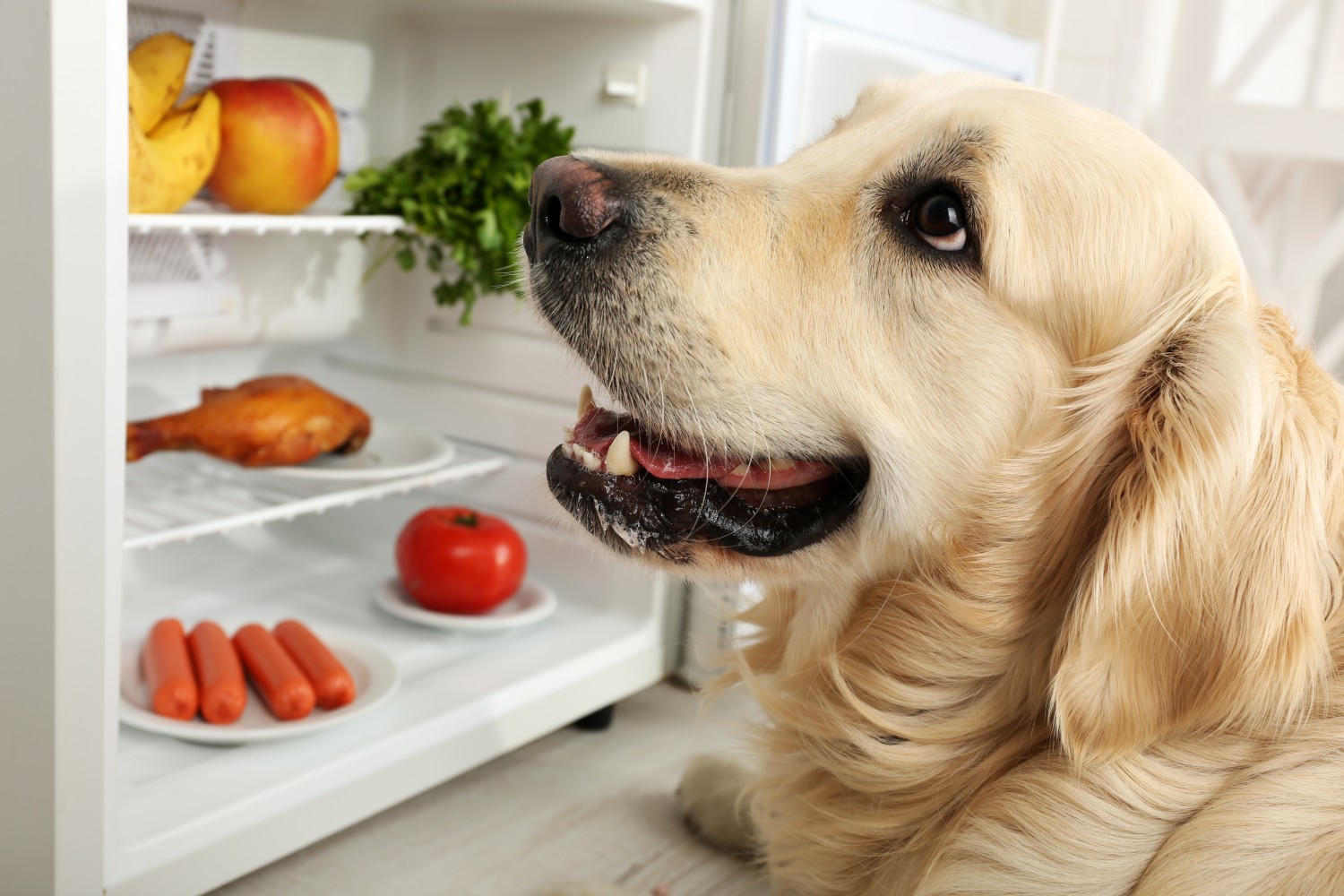|

If your adult dog or cat is healthy, you may have chosen a pet food based simply on whether or not your pet will eat it. Cost may also play a factor in your decision. However, not all pet foods are equal. And feeding the right amount is not as simple as following the directions on the package (they’re just guidelines). Choosing an appropriate diet can set your pet on a path of lifelong good nutrition and help prevent many problems, including allergies, nutritional deficiencies, skin and coat disorders, and obesity. Nutritional requirements for dogs and cats vary depending on a variety of factors, including age, breed, and health. For instance, senior pets have different requirements than puppies or kittens, and animals with diabetes, kidney disease, and other health conditions can benefit from specific diets. Our veterinarians can help you make informed decisions about your pet’s diet.
Obesity in pets can be a common issue. Overfeeding (how can you say no to that face?!) and under-exercising (so much to do, so little time!) is usually the cause. But being overweight is just as harmful to animals as it can be for humans, and can cause more health problems as they get older. With the proper diet and plenty of exercise, your pet can maintain a healthy weight range.
As your pet ages, their nutritional needs change. We'll evaluate your pet's current diet and daily routine to help determine the best way to make sure your pet’s nutritional and activity needs are being met. A proper diet is vital to the overall health of your pet. At Arlington Animal Hospital, we evaluate your pet’s current diet to determine if there are any beneficial changes you can make. If your pet needs a prescription diet, we can help you find out how and where you can purchase or have it delivered to you.
Additional resources
https://veterinarypartner.vin.com/default.aspx?pid=19239&id=8808771
|
|